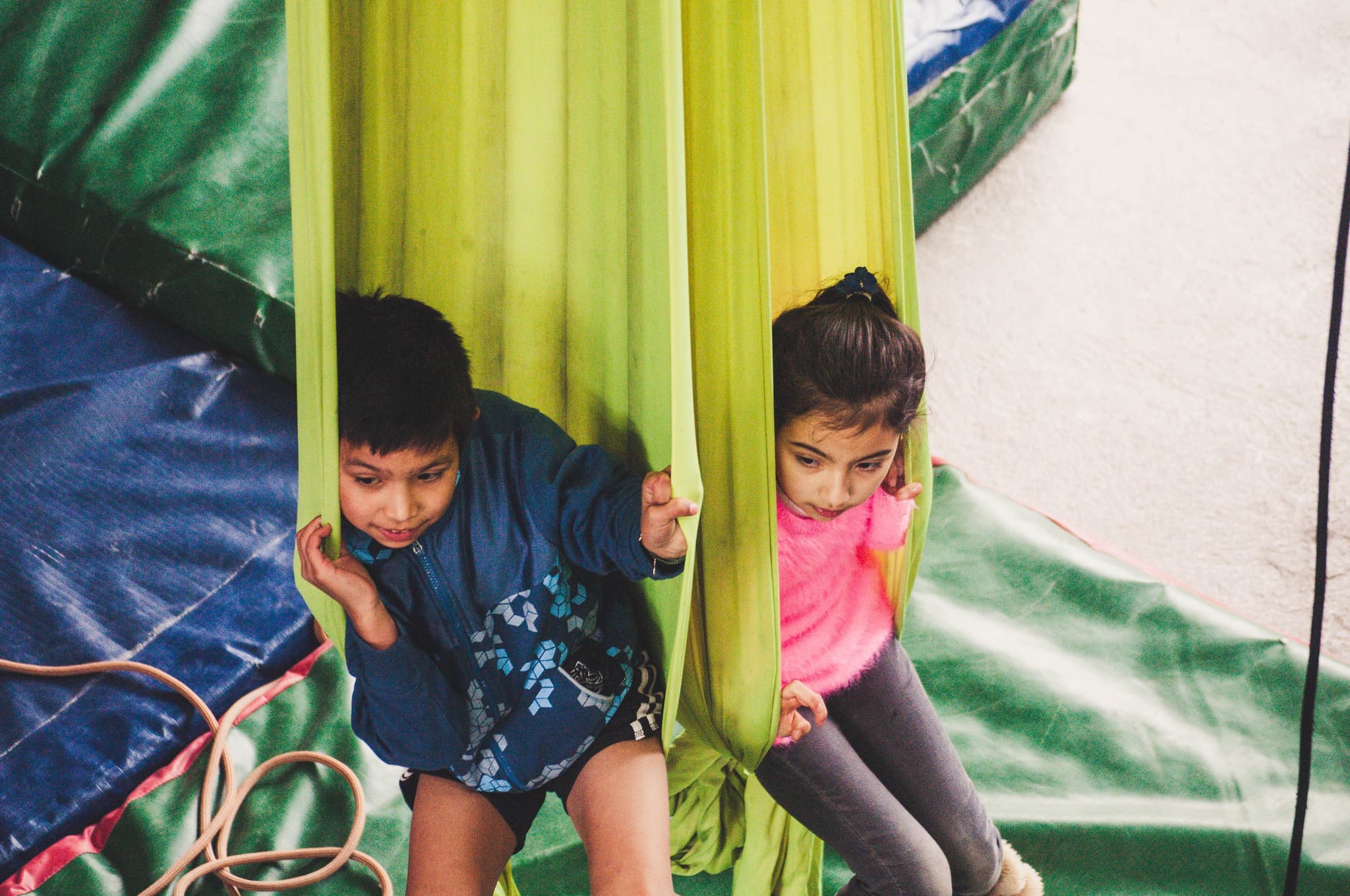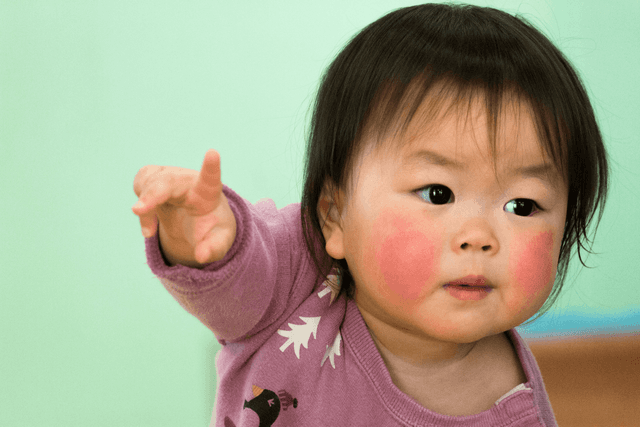Practice
How will your ECEC service acknowledge International Friendship Day?

Freya Lucas
Jul 30, 2019
Save
The International Day of Friendship is an initiative that follows on the proposal made by UNESCO and taken up by the UN General Assembly in 1997 (A/RES/52/13), which defined the Culture of Peace as a set of values, attitudes and behaviours that reject violence and endeavour to prevent conflicts by addressing their root causes with a view to solving problems.
Acknowledged on 30 July each year, the International Day of Friendship forms part of a broader resolution formed in 1998, proclaiming the International Decade for a Culture of Peace and Non-Violence for the Children of the World (2001–2010) (A/RES/53/25).In making the proclamation, the UN General Assembly “recognised that enormous harm and suffering are caused to children through different forms of violence and emphasised that the promotion of a culture of peace and non-violence should be instilled in children through education”.
The General Assembly believed that if children learn to live together in peace and harmony that will contribute to the strengthening of international peace and cooperation.
The Declaration and Programme of Action on a Culture of Peace (A/RES/53/243) adopted in 1999 set eight areas of action for nations, organisations and individuals to undertake in order for a culture of peace to prevail:
- foster a culture of peace through education;
- promote sustainable economic and social development;
- promote respect for all human rights;
- ensure equality between women and men;
- foster democratic participation;
- advance understanding, tolerance and solidarity;
- support participatory communication and the free flow of information and knowledge;
- promote international peace and security.
The International Day of Friendship is also based on the recognition of the relevance and importance of friendship as “a noble and valuable sentiment in the lives of human beings around the world”.
The International Day of Friendship was proclaimed in 2011 by the UN General Assembly with the idea that friendship between peoples, countries, cultures and individuals can inspire peace efforts and build bridges between communities.
The resolution (A/RES/65/275) places particular emphasis on involving young people, as future leaders, in community activities that include different cultures and promote international understanding and respect for diversity.The Day is also intended to support the goals and objectives of the Declaration and Programme of Action on a Culture of Peace and the International Decade for a Culture of Peace and Non-Violence for the Children of the World (2001-2010).
To mark the International Day of Friendship the UN encourages governments, international organisations and civil society groups, as well as early childhood education and care (ECEC) services to hold events, activities and initiatives that contribute to the efforts of the international community towards promoting a dialogue among civilizations, solidarity, mutual understanding and reconciliation.
To learn more about the International Day of Friendship, see here. For a series of ideas about marking the occasion, please see here.
Don’t miss a thing
Related Articles



















